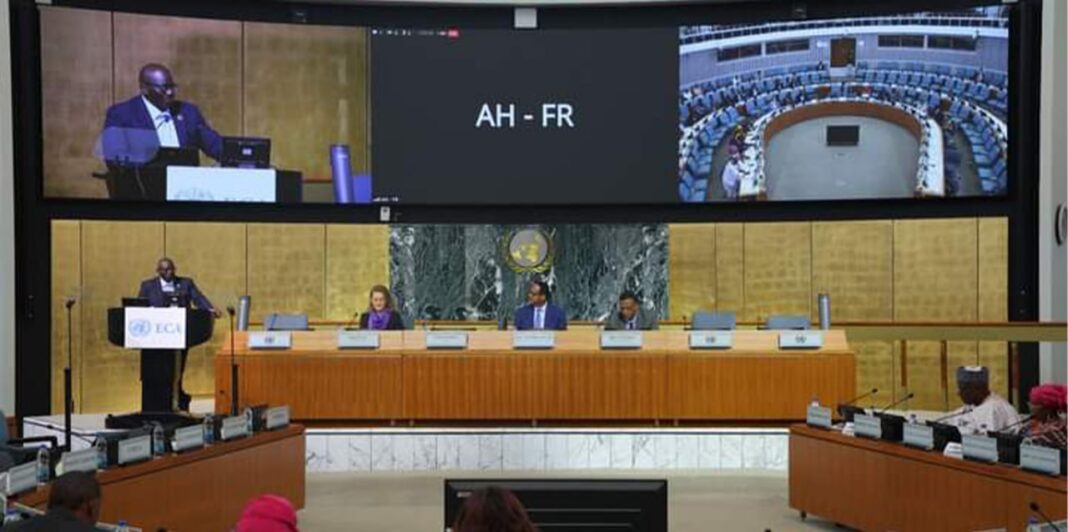The high cost of Information and Communication Technology (ICT) services in Africa is a significant barrier to achieving meaningful change in the sector, according to a recent report. The International Telecommunication Union (ITU) revealed that 63% of Africa’s population remains without internet access, with only about 37% enjoying connectivity. This stark reality underscores the urgent need for affordable ICT services across the continent.
During the 13th African Internet Governance Summit held at the United Nations Economic Commission for Africa (UN-ECA) in Ethiopia, experts called for the development of legal frameworks to address the challenges that have led to widespread exclusion from digital services. The summit, themed “Building Our Multistakeholder Digital Future,” brought together African parliamentarians, policymakers, and experts to discuss key issues affecting the continent’s digital landscape.
With over 800 million Africans currently offline, participants emphasized that robust laws and regulations are essential to facilitate digital development and ensure that all citizens can benefit from technological advancements. Mactar Seck, Head of the Technology and Innovation Sector at UN-ECA, highlighted the need to focus on reducing ICT service costs. “Compared to other regions, the fees for ICT services in Africa are prohibitively high,” he stated. “We must work on making these services more affordable.”
The summit also stressed the importance of creating regulatory and policy frameworks that support a secure and accessible internet. Participants advocated for empowering individuals and businesses in the digital economy through enhanced digital literacy and skill development, alongside strengthening reliable internet connectivity.

Belete Molla, Ethiopia’s Minister of Innovation and Technology, emphasized the necessity of bolstering cybersecurity and data protection measures to ensure that African nations can fully leverage the benefits of digital technologies.
Negeri Lencho, Chairperson of the Standing Committee on Human Resources and Technology Affairs of Ethiopia’s House of Peoples Representatives, noted that parliamentarians play a crucial role in establishing legal and regulatory frameworks. He underscored that these tools are vital for implementing programs and projects that can directly benefit communities across Africa.
The discussions at the summit reflect a growing recognition of the need for collaborative efforts among African nations to tackle the challenges posed by high ICT service costs. By working together to create an inclusive digital environment, African countries can unlock significant economic opportunities and improve overall quality of life for their citizens.







